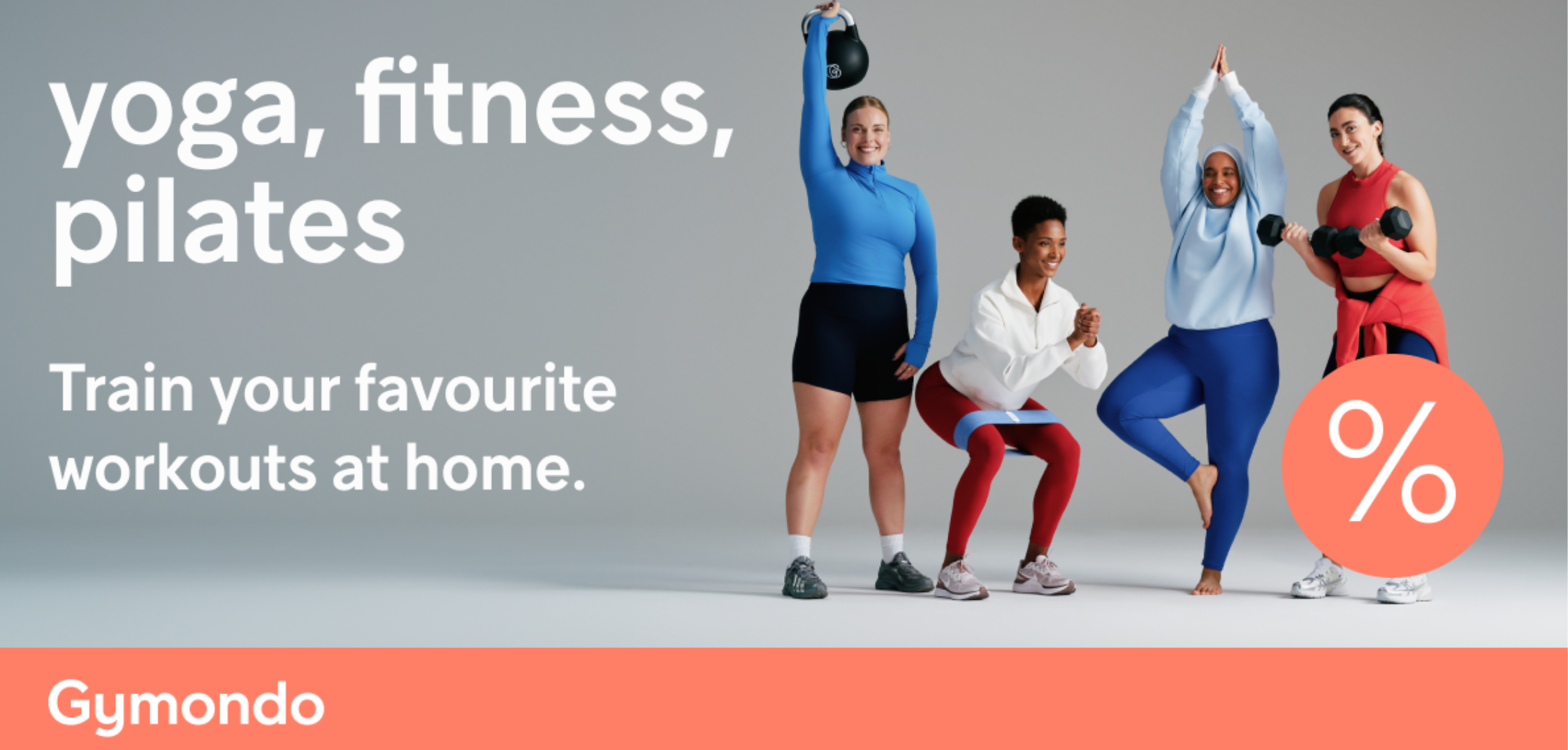The two aspects most fitness enthusiasts tend to neglect are sleep and recovery. But skipping out on a good night’s sleep or limiting your post-workout recovery period can halt your gains and increase your risk of injury.

In this article, we’ve used an extensive list of research and proven training methods to elicit the best results for your future exercise sessions. Here are 3 reasons why sleep and recovery are crucial for your workout performance.
The Importance of Sleep

Sleep is by far the most important recovery aid around. So, if you’re not getting enough rest, there’s not a single other recovery method that comes close to the benefits of sleep.
A good night’s sleep repairs any damage you’ve done to your body during the day. For example, if you’ve engaged in a hard workout session, sleep helps repair tissue and kicks muscle growth into high gear.
On the other hand, a lack of sleep impairs your physical performance. Studies suggest that sleeping six hours or less per night can double or even triple your reaction time. Basically, depriving yourself of sleep is like showing up drunk for your next workout!
#1 Sleep Recharges Your Batteries

Not only does sleep provide adequate rest, it recharges your batteries by replenishing your energy stores. The better you sleep, the better you recharge.
Your central nervous system (CNS) is responsible for muscle contractions, reaction time and responding to pain. When you don’t allow your CNS the opportunity to properly recuperate, you’ll become slower, weaker and less coordinated during your workouts.
Additionally, your endocrine system and hormones are firing while you’re in a state of rest. This is extremely important since cortisol and human growth hormones assist with protein synthesis—muscle growth.
Without enough sleep, your cortisol levels will go haywire, which ultimately impairs performance and may keep you from reaching your fitness and health goals.
#2 The More You Sleep, the Harder You’ll Train

If you want to train harder and go longer, sleep is your #1 remedy. According to research, clocking at least 7 to 8 hours of sleep can actually help you work out longer and harder the next day.
But let’s say you had a bad night’s sleep. The workout you do the following day may seem a lot harder than it normally does. Even worse, you may overcompensate for your lack of energy, which could result in injury.
As previously stated, sleeping repairs your muscles and keeps your hormones firing. Lacking sleep impairs your body’s ability to heal itself. And if sleepless nights continue, you’ll feel lethargic, unmotivated and weak in your workouts and daily life.
#3 Low-Impact Exercise for Recovery

We’ve talked a lot about sleep, but what about recovery? We wouldn’t even need to discuss recovery if there was no such thing as overtraining. But overtraining happens to the best of us.
We want to hit the gym, go as hard as we can for as long as possible and keep repeating the process until we have that dream physique we’ve always wanted. Unfortunately, this is a surefire way to halt the gains your muscles crave!
CNS overtraining occurs when you don’t allow your muscle tissue enough time to repair. There are 3 main causes of overtraining: engaging in high-intensity work, working out too frequently and not giving yourself enough rest between training sessions.
The good news is that this can all be resolved by simply incorporating low-intensity training days into your workout regime. Add light activities like walking, hiking, yoga, Pilates, barre, swimming or biking to your training plan at least 2 days a week.
Working at a lower intensity enhances recovery from your previous workout by increasing blood flow to your muscles and tissues. This boost to your circulatory system helps get amino acids and oxygen to your muscles so they can repair more quickly.
The bottom line: stay active without overdoing it—a term coined ‘active recovery.’
Takeaway
Staying healthy can oftentimes feel overwhelming. Log 8 hours of sleep, work out 5 days a week and steer clear of fried and processed foods. Oh, don’t forget to drink water, prep your meals for the week and meditate each morning.
Trying to fit it all in, plus making time for your kids, relationships and work might seem impossible. But let’s face it—working out and not sleeping can be a major dilemma.
Sleep, recovery and exercise are the main contributors to your physical and mental health, so there’s no denying that you should strive for adequate amounts of each. Make sleep your #1 recovery priority to get the most out of your next workout.
Are you struggling to find the time to fit in sleep, exercise, meal planning and quality family time? Working out and eating a well-balanced diet is important for your health, but neither should require hours of your time. Explore Gymondo’s 20-minute workouts and easy-to-make recipes.




Kommentar schreiben